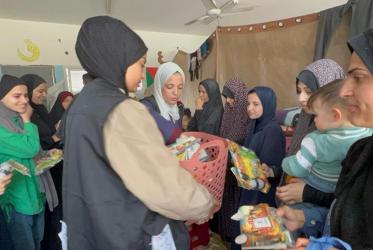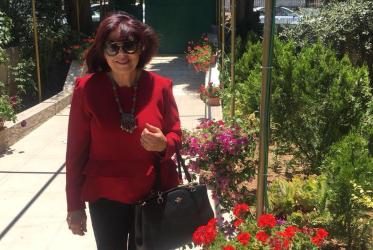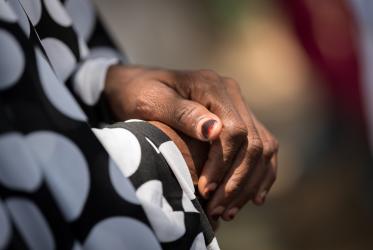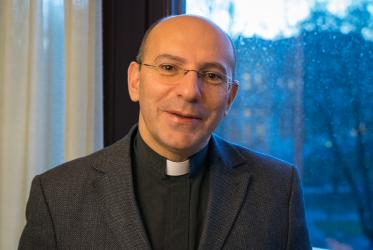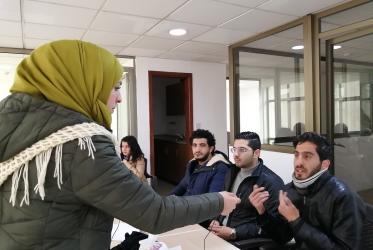Displaying 1 - 20 of 117
Displaced people south of Gaza face extreme difficulty
21 December 2023
Promoting human dignity through art
06 September 2022
A hopeful, but not optimistic Palestinian ecumenist
09 December 2020
In a COVID-stricken world, “everyone is important”
23 October 2020
WCC mourns passing of Hendrew Lusey-Gekawaku
23 October 2020
Are migrants seen and heard? Conference presses the question
19 October 2020

